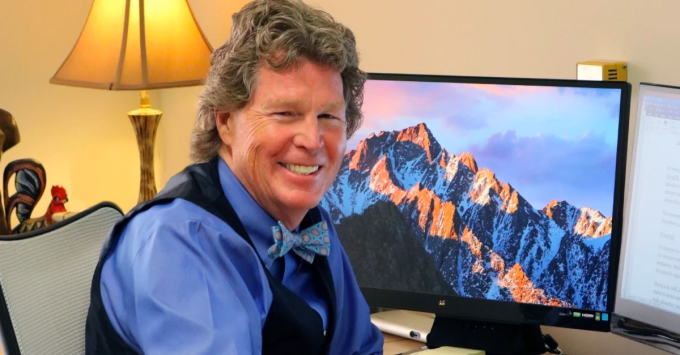Abstract:
Healthcare is a complex industry—one that is feeling the impacts of the global pandemic comparatively more so than any other industry. The patient-physician relationship remains, however, as the dominant driving force for the industry and the essential cog in the complexity of delivering optimal health and disease management for our populations.
Unfortunately, the pandemic has created a paradox. Physicians are now better recognized for their leadership potential and ability to improve healthcare delivery systems. But simultaneously, a large percentage of the physician workforce (along with other healthcare workforces) is experiencing the full spectrum of symptoms related to professional burnout.
On first blush, this could seem like a difficult paradox to resolve; but it does not have to be an either/or situation. In fact, the more physicians and other HCPs can become further involved with the intricate processes for creating change in this complex industry, the more rapidly positive outcome change for improving delivery systems (at all levels) will occur. Other industries have proven this in the past—when the frontline workers of an industry become involved with formal leadership and management opportunities, the industry’s performance improves dramatically. Additionally, those individuals also become more satisfied with their professions and pride in one’s industry increases. This lessens incidences of frustration, anxiety, and burnout.
Turning Physicians into Leaders
But this approach will not just simply happen in healthcare. Training for leadership and management skills is not routine in the early stages of physician education, and it is not readily available for other clinical disciplines either. Gaining on-the-job experience without some form of organized training for leadership and management has its place, but it is not enough if the industry is to fully benefit from the potential of physician-led, interprofessional leadership. Some form of advanced education, coupled with organized opportunities for gaining related experiences, is needed. Without this, healthcare as an industry will continue to be encroached upon by non-clinically oriented influences and may not evolve in a direction that is optimal for patient care, or the population’s health.
A multi-faceted approach is required. This starts with ongoing recognition at the healthcare professional education levels that formal training in leadership and management principles is sorely needed, especially at medical schools and during residency programs. Those already in the workforce also need further exposure to leadership training. Organized opportunities for hands-on practical experience should be coupled with organized training for an optimal professional development outcome. Mentorship relationships, even formal coaching programs, are now recognized as important components for augmenting the training skills and frontline experiences.
Being involved in healthcare is a unique privilege for those who choose to pursue a profession of caring for others. Now is the time for those same professionals to become the leaders for a next generation of healthcare delivery. Allowing HCPs to become leaders will benefit the industry’s performance, while simultaneously precipitating a deepened pride and renewed sense of purpose in this industry. And our populations will become the ultimate beneficiaries.
Peter Angood, MD, is President & Chief Executive Officer of the American Association for Physician Leadership. Dr. Angood was the inaugural Chief Patient Safety Officer at The Joint Commission, Senior Adviser for Patient Safety at the National Quality Forum, and Chief Medical Officer for the Patient Safety Organization of GE Healthcare. Prior to this, he enjoyed 25 years of academic surgery practice ranging from McGill University in Canada to the University of Pennsylvania, Yale University, and Washington University in St. Louis.
Topics
Self-Awareness
Environmental Influences
Humility
Related
Unlocking Leadership Potential: The Power of Executive Coaching with Vivek IyerSucceeding as an Outsider in a Legacy CultureLeadership Well-BeingRecommended Reading
Self-Management
Succeeding as an Outsider in a Legacy Culture
Self-Management
Leadership Well-Being
Strategy and Innovation
How to Stand Out to C-Suite Recruiters
Strategy and Innovation
Lessons Learned from the Restaurant Industry: What Outstanding Waiters and Waitresses Can Teach the Medical Profession
Strategy and Innovation
Marketing at the Speed of Culture



